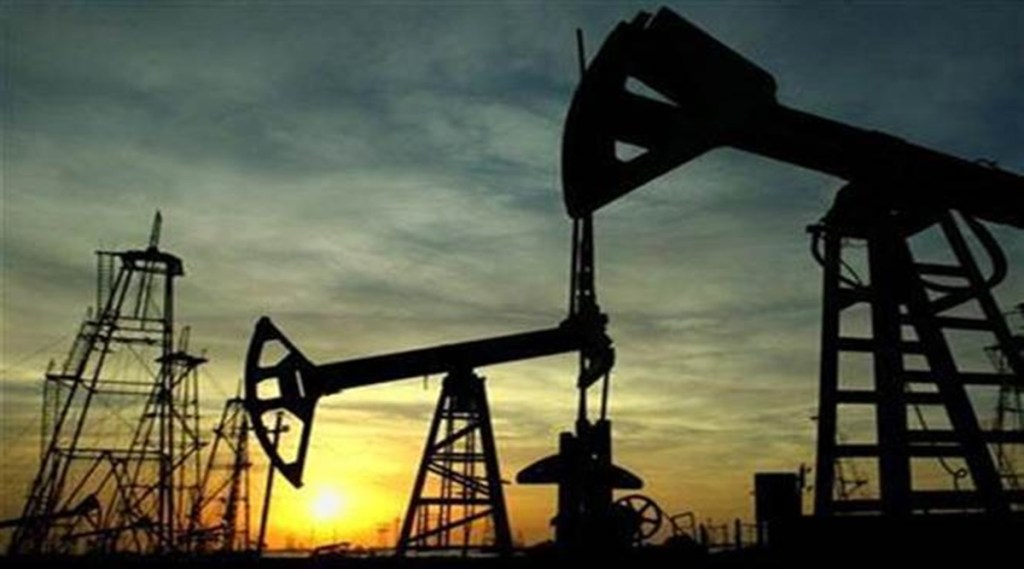By Anuj Gupta
Today, DGFT has taken some measures to prevent the rise in prices of fuel in India, particularly for Petrol, Diesel and ATF. They increased or imposed special additional excise duty / cesses on export of petrol and diesel of Rs 6 per litre and Rs 13 per litre respectively. Indian refiners are importing crude oil and then selling it at international parity prices. The domestic crude oil producers produced crude domestically at domestic cost but they sold crude to domestic or other countries refineries at international parity prices and gaining. As a result, crude prices increased.
Producers produce or import from the countries who offer crude oil at discount prices and they sell at international parity prices. As a result, the domestic crude producers are making windfall gains. It is also said to the domestic oil companies that at least 50 percent of their shipping bills, in a given financial year, have to be reserved for the domestic market
There is a worldwide shortage of crude oil in the globe and we have seen that economies are taking measures to overcome this issue. Recently, the UK government on May 26 announced a 25% windfall tax on profits of oil and gas companies. The main target is to curb the spike in crude oil prices and to control inflation.
After this DGFT decision, producers will hold the inventories as they will not be able to export easily due to increase in export duty and the inventory of crude oil is expected to increase further. This step is in the same direction. We are expecting that after this decision, petrol and diesel prices will not increase. There will be no major impact on consumers of this announcement as prices will not increase domestically. After this announcement, the availability of crude oil in India will increase and no shortage may be seen domestically.
In the same direction to curb rising food prices, the price of commercial LPG cylinders has been cut by Rs 198 in the national capital. The new rate of 19-kg cooking gas will be applicable from today across Delhi.
Due to this take, international prices of crude oil may go higher as domestic producers may curb their production and delivery due to excise duty.
(The author Anuj Gupta is Vice President at IIFL Securities. The views expressed are the author’s own.)
